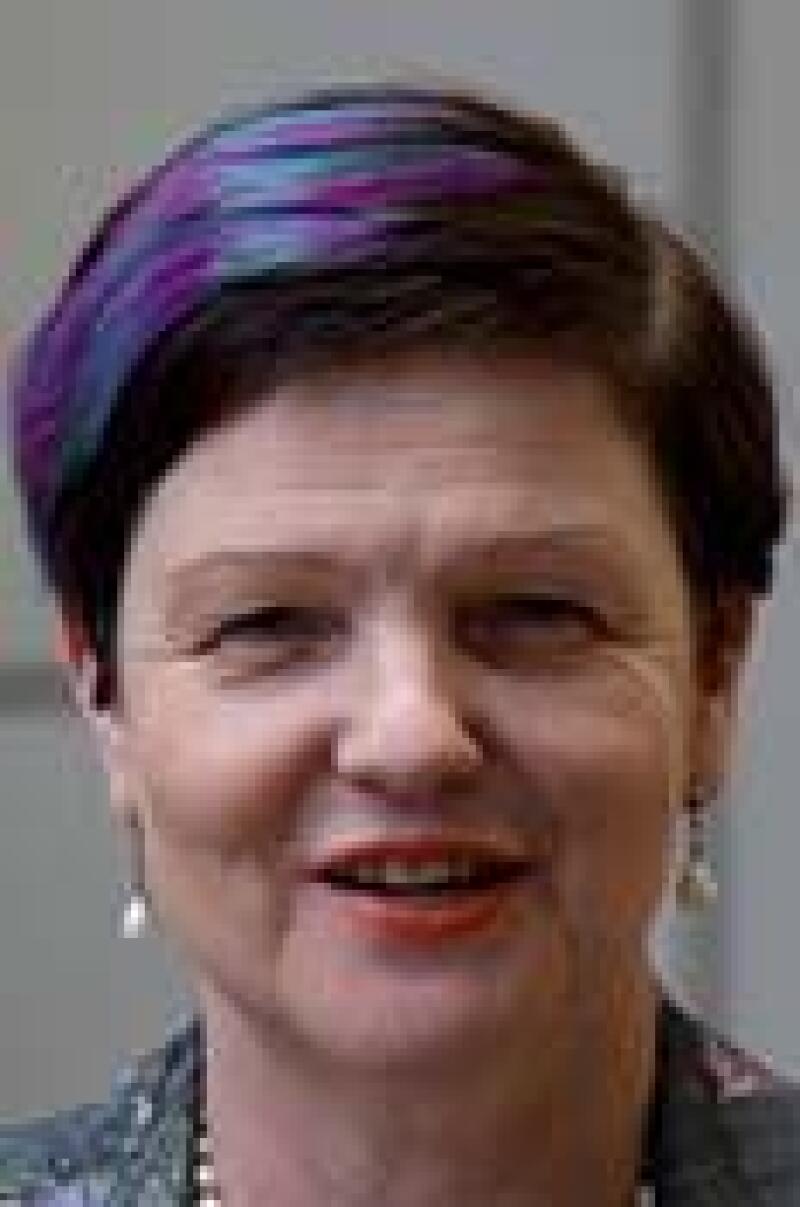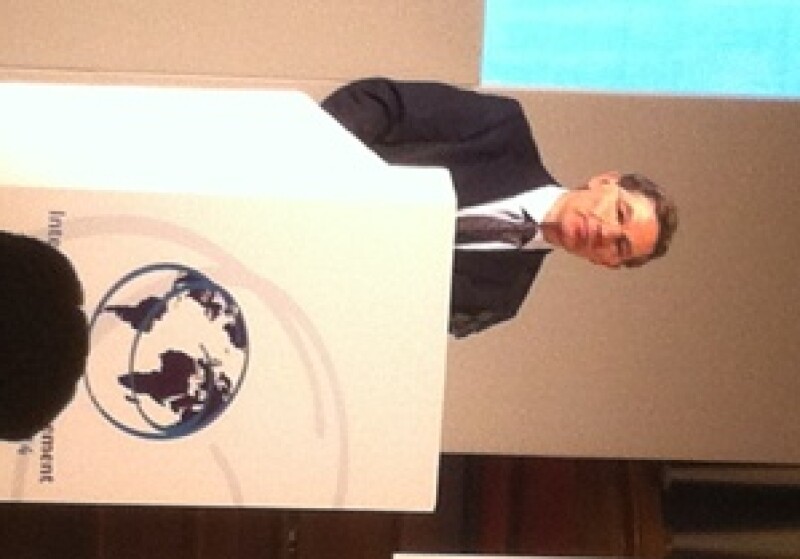
Lord Younger, until last week the UK’s IP minister, was included in the top 50 list to reflect his work on the passage of the UK IP Act, including skilfully dealing with concerns over the provisions criminalising design infringement; his engagement with the IP community; and his efforts to improve enforcement. I understand he had been involved in preparing for a UK-China IP Symposium to be held in Beijing in September. He was also hoping to speak at our Global IP & Innovation Summit in Shanghai.
However, none of this was enough to save him in Prime Minister David Cameron’s ministerial reshuffle last week. He has been replaced by Baroness Neville-Rolfe (right), who becomes the seventh IP minister since the post was created by Gordon Brown in 2007, and the fourth since 2010 (can any readers name all of them?).
Politics is notoriously a rough business, so perhaps we should not feel any sympathy for Younger, who was in office for about 18 months, and there’s no reason why IP should be treated differently from other areas of government. Neville-Rolfe, once a senior civil servant and also a former director of Tesco, may prove to be an inspired appointment, though with an election due in May next year her term could be short. And there may well be political or electoral reasons behind the move (though Younger and Neville-Rolfe, like all bar one of the previous IP ministers, are members of the unelected House of Lords).

But it still seems regrettable that Younger should be replaced now, when the IP Act is being implemented and with it the crucial discussions about the UK joining the Unitary Patent and UPC, not to mention that controversial changes to copyright exceptions are coming into effect. I know many IP practitioners had the opportunity to meet Younger, and he had also built relationships abroad. He was open and straight-talking when we interviewed him last month. And, at the recent IP Enforcement Summit (left), it was notable that (unlike many politicians at similar events) he had cleared his diary, stayed throughout and paid careful attention to all the speakers.
Now the various groups representing IP issues will have to spend time getting to know Neville-Rolfe, and work out whether her appointment represents any fundamental change in policy or is just a fresh face.
The high turnover in IP ministers, and the fact that IP only makes up 50% of their brief, does make you question how seriously the government takes IP. When Brown created the post, most practitioners were pleased to see a dedicated person devoted to the topic. But, seven years on, you have to wonder if the UK would be better off without an IP minister.









